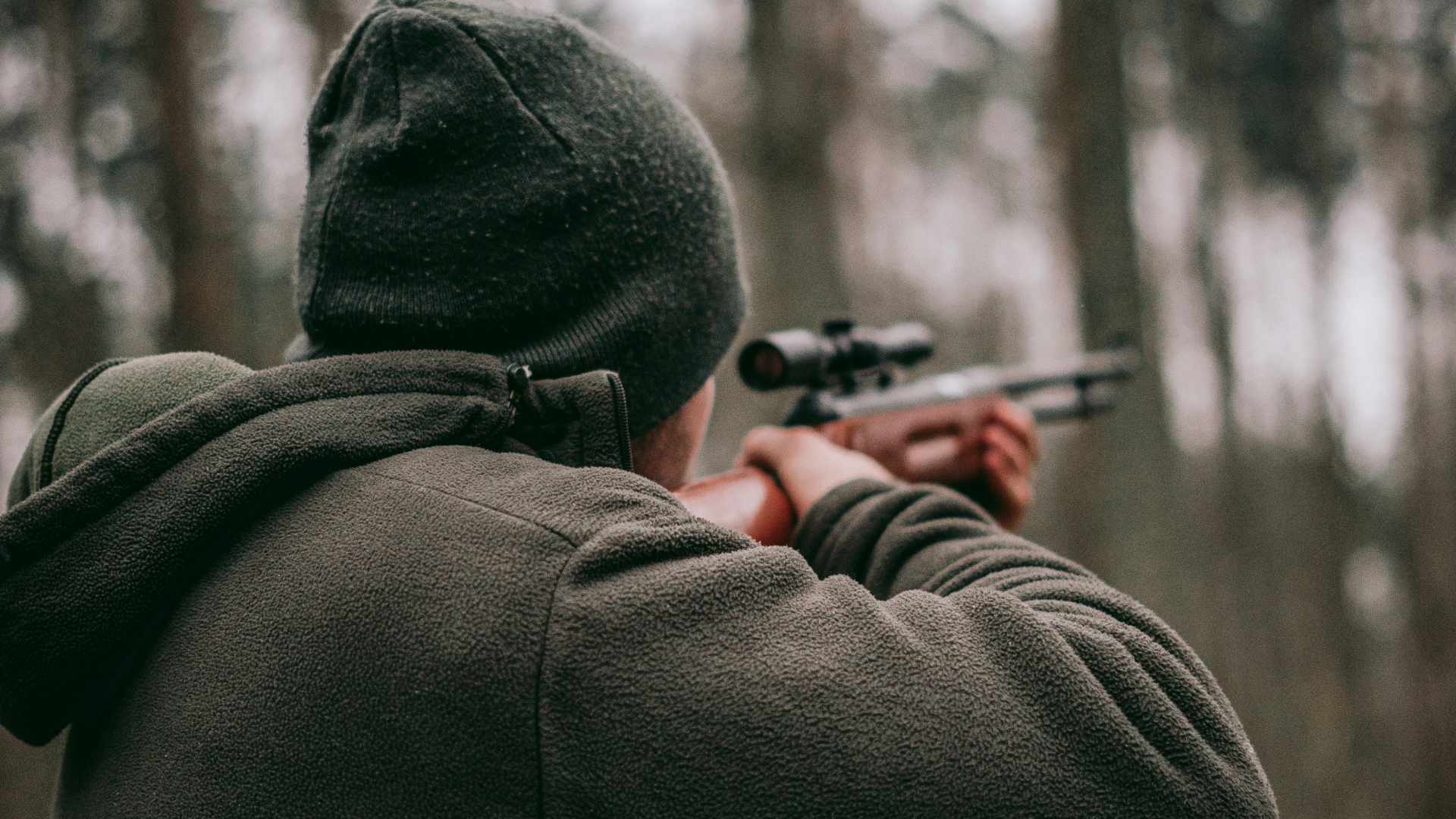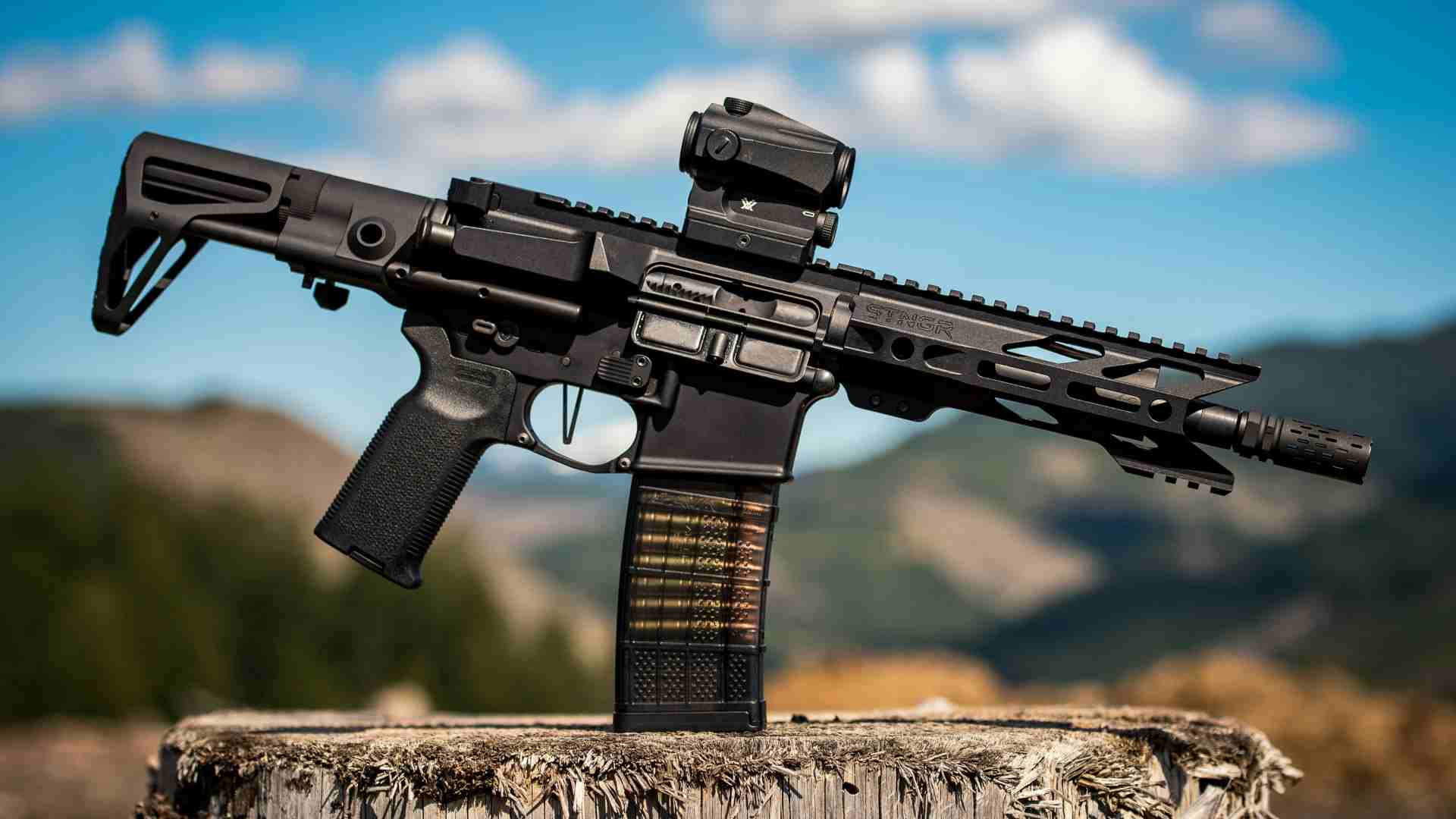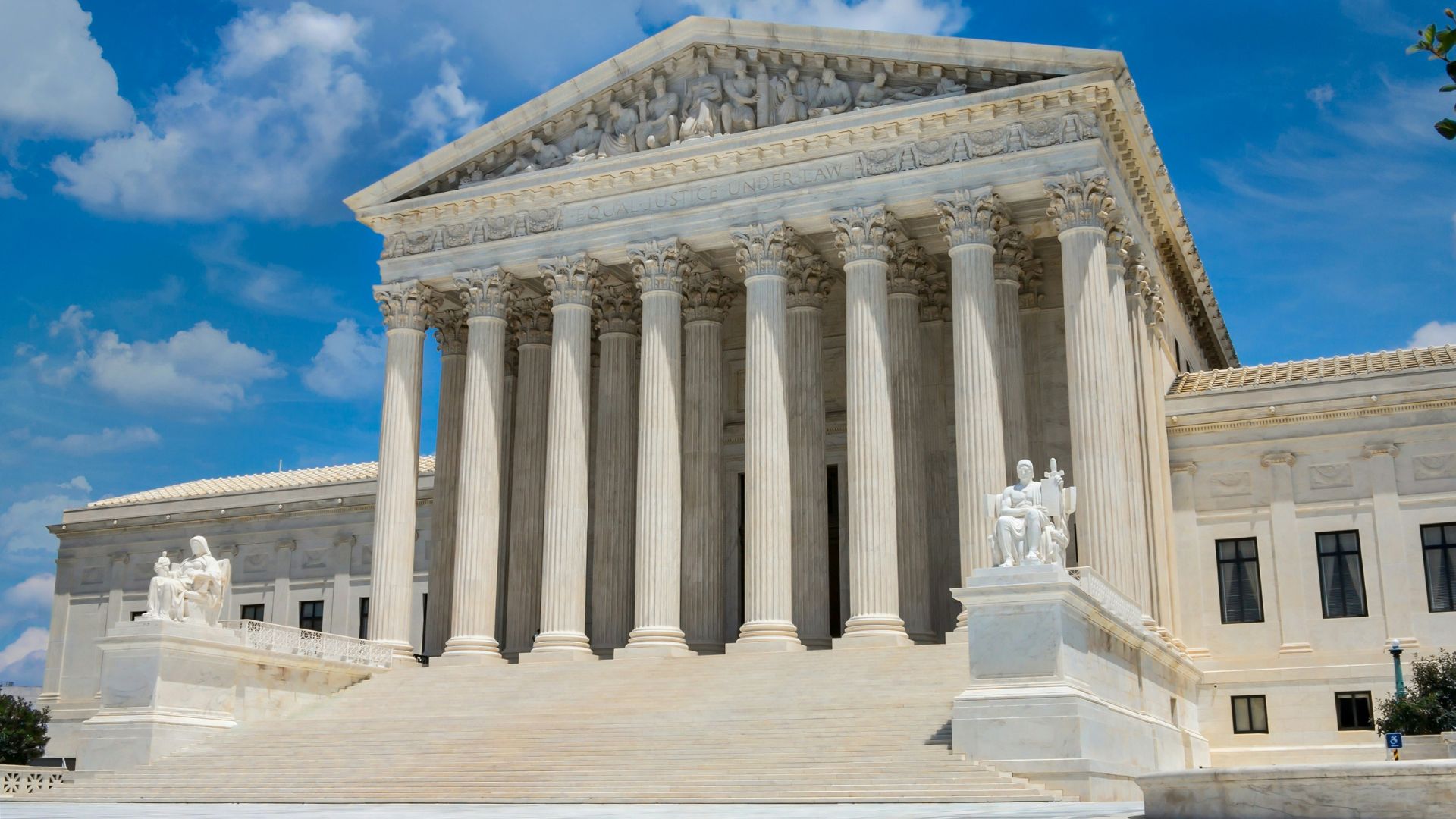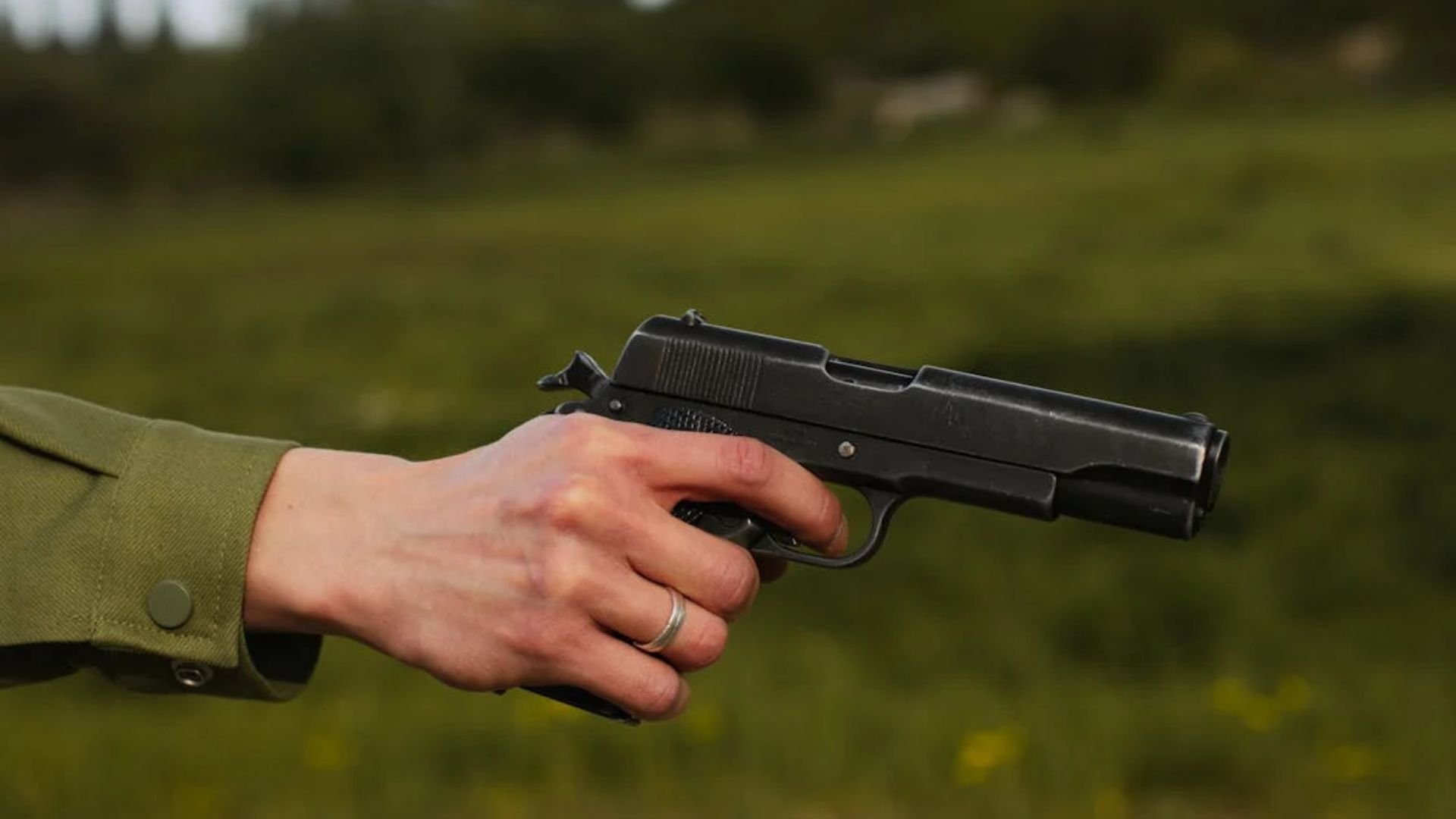On Tuesday, a Federal Appeals Court ruled to uphold a recently challenged 2013 Maryland law that bans so-called “assault weapons” in the state.
Gun advocacy groups have blasted the ruling, promising to take the case all the way to the Supreme Court.
Court Ruling

The 4th Circuit Court of Appeals handed down a 10-5 ruling Tuesday against a challenge to the assault weapons ban, with the majority opinion asserting that “military-style” weapons do not get constitutional protection.
“[The law] is but another example of a state regulating excessively dangerous weapons once their incompatibility with a lawful and safe society becomes apparent, while nonetheless preserving avenues for armed self-defense,” Judge Harvie Wilkinson III wrote. “For these reasons, we decline to wield the Constitution to declare that military-style armaments which have become primary instruments of mass killing and terrorist attacks in the United States are beyond the reach of our nation’s democratic processes.”
Constitutional Challenge

The case was brought by pro-gun groups, as well as an Anne Arundel County gun store and other state residents who argue the law violated the Second Amendment.
“We believe, much like in Kolbe, the court’s analysis is flawed and that the challenged law is unconstitutional,” said Adam Kraut, the executive director of the Second Amendment Foundation. Kolbe was a previous case challenging the Maryland ban.
Maryland Law

The law under dispute is called the Maryland’s Firearms Safety Act of 2013. The law banned many types of “military-style weapons” like semi-automatic rifles, pistols, and shotguns that meet certain specifications.
The act also banned specific named firearm model types including, the AR-15, AK-47, Uzi, and Barret .50 cal sniper rifle.
Fresh Look at Law

This law has been challenged a few times since its implementation in 2013, however, a recent 2022 ruling in the Supreme Court known as “Bruen” that expanded gun rights has reopened the possibility of it being challenged.
Justice Clarence Thomas in the ruling opinion in that case asserted that gun laws in the US need to conform to a “historical tradition of firearm regulation,” meaning they must not radically stray from those in the Civil War and Revolutionary periods of American history.
Conforming With the Standard

Judge Wilkinson took this Supreme Court precedent into account in his decision, ruling that the Maryland law did indeed conform with historical US firearm regulation and thus did not violate the Second Amendment.
“The assault weapons at issue fall outside the ambit of protection offered by the Second Amendment because, in essence, they are military-style weapons designed for sustained combat operations that are ill-suited and disproportionate to the need for self-defense. Moreover, the Maryland law fits comfortably within our nation’s tradition of firearms regulation,” wrote Wilkinson.
Democrats Celebrate

In the aftermath of the ruling, Democrats released statements celebrating the ruling as a win for public safety.
“The court’s decision today will save lives,” said Democrat former state LT. Governor Anthony Brown. “Access to weapons of war that have no place in our communities causes senseless and preventable deaths.”
Hysteria Around Rifles

Those critical of the ruling felt that the court’s fear around assault weapons amounted to hysteria, and that weapons that are part of the ban are not as scary as they sound.
”They seem to think that an AR-15 is dangerous and unusual when all it is is a low-powered semiautomatic rifle,” said Mark Pennak, a member of the gun rights advocacy group Maryland Shall Issue. “A lot of this is just hysteria.”
Assault Weapons Stats

Guns rights advocates point to FBI crime stats about gun murders, which show that rifles only account for 3% of total gun murders, as proof of the hysteria people have around assault weapons.
Out of 13,620 gun murders that were carried out in the United States in 2020, this means that only around 400 are attributed to the types of dangerous rifles that seem to generate the most fear.
Dissenting Opinion

The dissenting justices in the case also published an opinion, authored by Judge Julius Richardson, that accused the majority of picking and choosing regulations from the historical record that suited their argument.
“Appellants seek to own weapons that are indisputably ‘Arms’ within the plain text of the Second Amendment…While history and tradition support the banning of weapons that are both dangerous and unusual, Maryland’s ban cannot pass constitutional muster as it prohibits the possession of arms commonly possessed by law-abiding citizens for lawful purposes,” Richardson wrote. “The Second Amendment is not a second-class right subject to the whimsical discretion of federal judges. Its mandate is absolute and, applied here, unequivocal.”
Intent to Challenge

In the wake of the ruling, gun rights groups affirmed a commitment to continue fighting against what they view as an unjust law all the way to the Supreme Court.
“FPC will take the Fourth Circuit’s terrible decision to the Supreme Court without delay. Our objective is simple: End all bans on so-called ‘assault weapons’ nationwide. And we look forward to doing just that,” said Firearm Policy Coalition President Brandon Combs.
Maryland Gun Laws Challenges

Gun rights advocates have been hitting Maryland’s laws hard following the Bruen decision, managing to secure a victory in striking down parts of a 2023 state gun law in a federal court last week.
The judge in that case ruled that the state is not allowed to ban gun owners from carrying weapons in bars or near public demonstrations.
